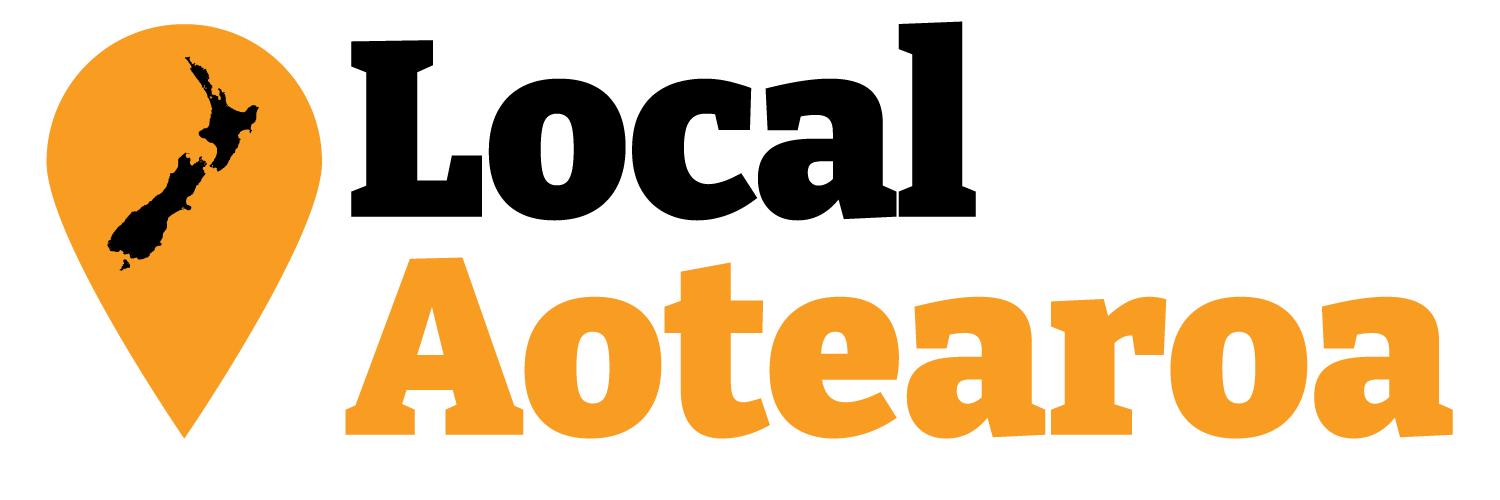How real is the threat of central government intervention?
An AI-generated image of a nuclear mushroom cloud over a city.
One of the features of the recent deliberations over Wellington City Council’s long-term plan (LTP) was the spectre of intervention by Local Government Minister Simeon Brown if the long-term plan wasn’t adopted in the statutory timeframes. This possibility was raised a few times, most notably by Councillor Teri O’Neill who explicitly linked not adopting the long-term plan by 1 July as resulting in “Crown intervention”.
Sounds scary, right? The problem is that it’s never happened.
In an Official Information Act (OIA) response to a query over whether the non-adoption of a long-term plan by the statutory deadline had ever resulted in Crown intervention, the Department of Internal Affairs stated that “The Department is not aware of any instances in which failure to meet an LTP deadline has been the cause for any intervention by the Minister of Local Government.”
This means that whoever has been providing advice to Cr O’Neill that there was a threat of intervention, and she seemed to imply in a speech during one of the various debates that someone - possibly council officials - had been advising her such, has gotten this very wrong. Local Aotearoa currently has a Local Government Official Information and Meetings Act (LGOIMA) request in with Wellington City Council asking it to provide any advice that was given to Cr O’Neill on this matter.
The Local Government Act, under Part 10, provides an escalating scale of interventions available to the Minister of Local Government depending on what the issues are facing a local authority. These range from formally asking for information, as Simeon Brown did in mid-January over growing issues with Wellington Water, through to the appointment of a Commission as then Local Government Minister Nanaia Mahuta did in December 2020 with Tauranga City Council. If required, the minister can even call a general election of a local authority.
For each of these interventions, there are certain criteria that the minister should be able to demonstrate they have considered in making their decision on what level of intervention to pursue.
The Tauranga City Council case, being the most recent example in local government, is useful to look at in this regard. Mahuta took the initial step of appointing a Crown observer team, which reported back recommending that the council ask for a Crown manager and observer to be appointed. When the governing body of the council dithered on actioning the recommendation, the observer team changed their recommendation to supporting the appointment of commissioners, and the rest is history.
The council which has probably come closest to intervention since then was Gore District Council, where a conflict between councillors, the mayor, and its CEO was spiralling out of control. Then Local Government Kieran McAnulty kept a watching brief on the situation, including meeting with Gore’s Mayor Ben Bell, and publicly kept his options open regarding possible intervention. Ultimately sense prevailed with all sides in Gore backing down before they crossed a point where governance dysfunction would have impacted the council’s ability to perform its duties. Throughout the unfolding situation, McAnulty continued to remind Gore District Council that it was up to councils to try and solve their problems, and that intervention was a last resort.
Across the Tasman, the embattled Liverpool City Council is facing suspension by the NSW State Government, after a damning report, commenced following allegations of maladministration, claimed there are widespread and serious issues at the council, which had churned through 10 chief executives in just eight years. Liverpool City Council has responded by initiating a legal challenge against the threatened suspension, leading to a legal and political drama that will continue to play out over coming weeks and months.
The point of this all is to demonstrate that there is a high threshold for the Local Government Minister to intervene in councils. Even Wellington Water has so far escaped the sword of Damocles hanging above it despite an ongoing series of issues playing out following Brown’s formal request for information. However, today’s scathing report into the organisation, following the mishandling of a $51 million budget error, could be the final straw, though central government’s looming Local Water Done Well reform programme might render any possible intervention redundant if it involves sweeping changes to the way the region manages three waters infrastructure and services.
Certainly, failure to adopt a long-term plan by the statutory deadline of 1 July is not grounds for the Local Government to start to intervene. For example, Hamilton City Council didn’t adopt their long-term plan until 4 July and there was no mention of central government intervention in their agenda papers. Neither has it seen Carterton District Council face the threat of intervention with their long-term plan not likely to be adopted until September following numerous issues being identified by the Controller and Auditor-General and other dramas playing out around the council table as a result. Neither of these councils had applied for the three month extension to adopting their long-term plans that was available under the Water Services Acts Repeal Act.
If Carterton District Council ends up in a situation where it hasn’t adopted a long-term plan by the end of September, then the possibility of central government intervention might become more likely. Though it’s worth noting that no intervention resulted in 2021 when both Mackenzie District Council and West Coast Regional Council both adopted their long-term plans more than three months after the statutory deadline. The worst both councils received was a public telling off by the Controller and Auditor-General in their public review of the 2021 long-term planning cycle.
While some leniency may have been extended in those examples due to pandemic-related disruptions, it still reinforces that the threat of central government intervention is overstated in local government.





